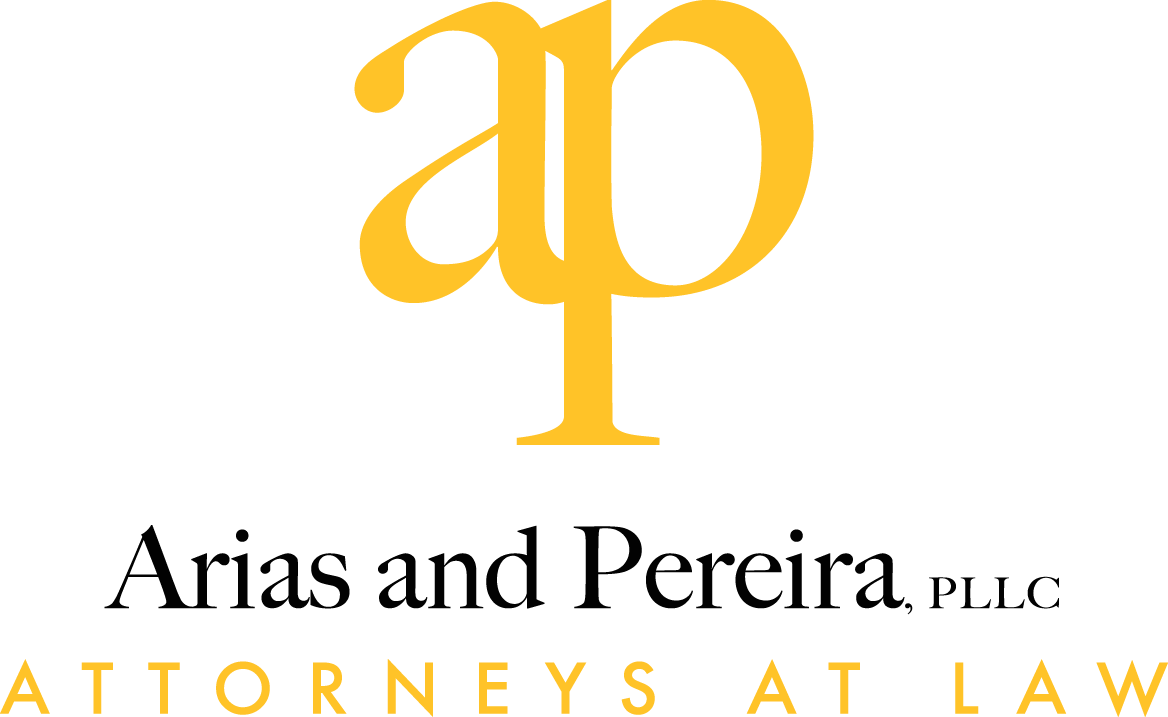PROBATION VIOLATION
Miami Probation Violation Attorneys
If you or a loved one has been accused of violating probation, it’s critical to act quickly and consult with a knowledgeable criminal defense attorney. A probation violation can result in serious consequences—including jail or prison time—and the standard of proof is much lower than in a typical criminal case. Our Miami probation violation attorneys at Arias and Pereira, PLLC have decades of experience handling probation violation cases representing clients in their probation violation hearings, and understanding how to navigate the system to protect your rights.
What is a Probation Violation?
If you have been convicted of a crime, the court may order probation as a condition of your criminal sentence. Probation is a conditional court-ordered supervision that allows a person to remain in the community instead of serving time in jail or prison so long as the rules and conditions of the probation are met. This allows the individual to stay out of custody while being monitored by the Florida Department of Corrections or a county probation office. Probation is often used for first-time offenders or those convicted of less serious crimes.
A probation violation occurs when a person fails to comply with any of the conditions set by the court as part of their probation sentence. Violating the court-imposed conditions by breaking the rules will render the probation violated. Once this happens, a judge signs a warrant for your arrest, arresting officers will then pick you up, and you may be kept in County Jail pending the results of the probation violation hearing without bond.
Types of Probation
There are several types of probation, each with its own conditions and level of supervision. Here’s a breakdown of the main types of probation:
- Standard Probation: This is the most common form of probation where the individual must comply with general conditions set by the court. These conditions include (1) reporting regularly to a probation officer, (2) not picking up any new charges while out on probation, (3) avoiding drugs and alcohol and (4) staying within a certain geographic area.
- Administrative Probation: This is a non-reporting form of probation typically reserved for individuals who pose a low risk of reoffending and have minimal supervision requirements. Under this kind of probation, the individual does not need to report in person to a probation officer, but they must still comply with all court-imposed conditions.
- Drug Offender Probation: This probation is designed for individuals convicted of drug-related offenses. The court typically mandates the individual to complete (1) intensive supervision, (2) frequent drug testing, (3) participation in treatment programs, and (4) possible random home visits from assigned probation officers.
- Sex Offender Probation: This is a highly restrictive form of probation with special conditions, including sex offender treatment, restrictions on internet use, restrictions on residency and travel, and in some cases, GPS monitoring.
- Community Control/House Arrest: This form of supervision is considered an alternative to incarceration. House arrest mandates that the individual is confined to their home and monitored closely through electronic monitoring (ankle monitor), pre-scheduled movements and plans approved in advance, and frequent visits from a probation officer.
Violation of Probation Hearing (VOP)
If a probation officer believes you have violated any condition of your probation, they can file an affidavit of violation with the court. The judge then signs a warrant for your arrest. Once you have been arrested and brought before the court, a Violation of Probation (VOP) hearing is scheduled.
In a VOP hearing, the prosecution only needs to prove the violation by a preponderance of the evidence, not beyond a reasonable doubt as required in a criminal trial. You also do not have a right to a jury trial in a VOP hearing. Lastly, hearsay is admissible, although it cannot be the sole basis for a finding of violation. If you have a VOP hearing scheduled, it is crucial that you contact a Miami probation violation attorney from Arias and Pereira, PLLC, to review the prosecution’s evidence and prepare a defense for your VOP hearing.
Potential Penalties
If the court finds that you violated probation, the court impose any of the following penalties:
- Reinstate probation with the same or modified conditions
- Extend the original length of probation
- Add additional conditions or provide additional time to complete the remaining conditions
- Revoke probation and impose the original sentence—which could mean time in jail or prison. For felony probation violations, especially in cases involving new charges, the risk of incarceration is significant
Contact our Miami Probation Violation Attorneys Today
Probation violations are often defendable with the right strategy and representation. At Arias and Pereira, PLLC we know how to build a strong defense, negotiate with the State, and advocate for alternatives to incarceration.
If you are facing a probation violation, don’t wait. Early intervention can make a major difference in the outcome of your case. Contact Arias and Pereira, PLLC today at (786)360-1341 or fill out the “Contact Us” form to schedule a consultation.
